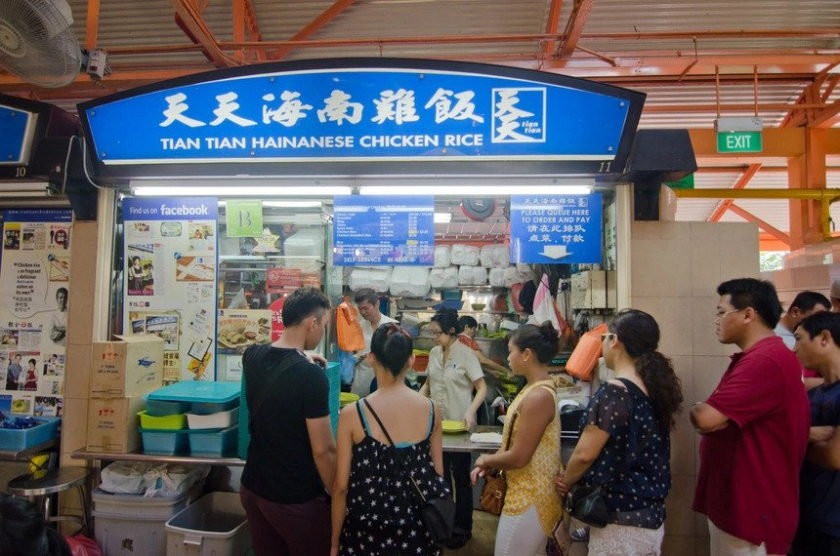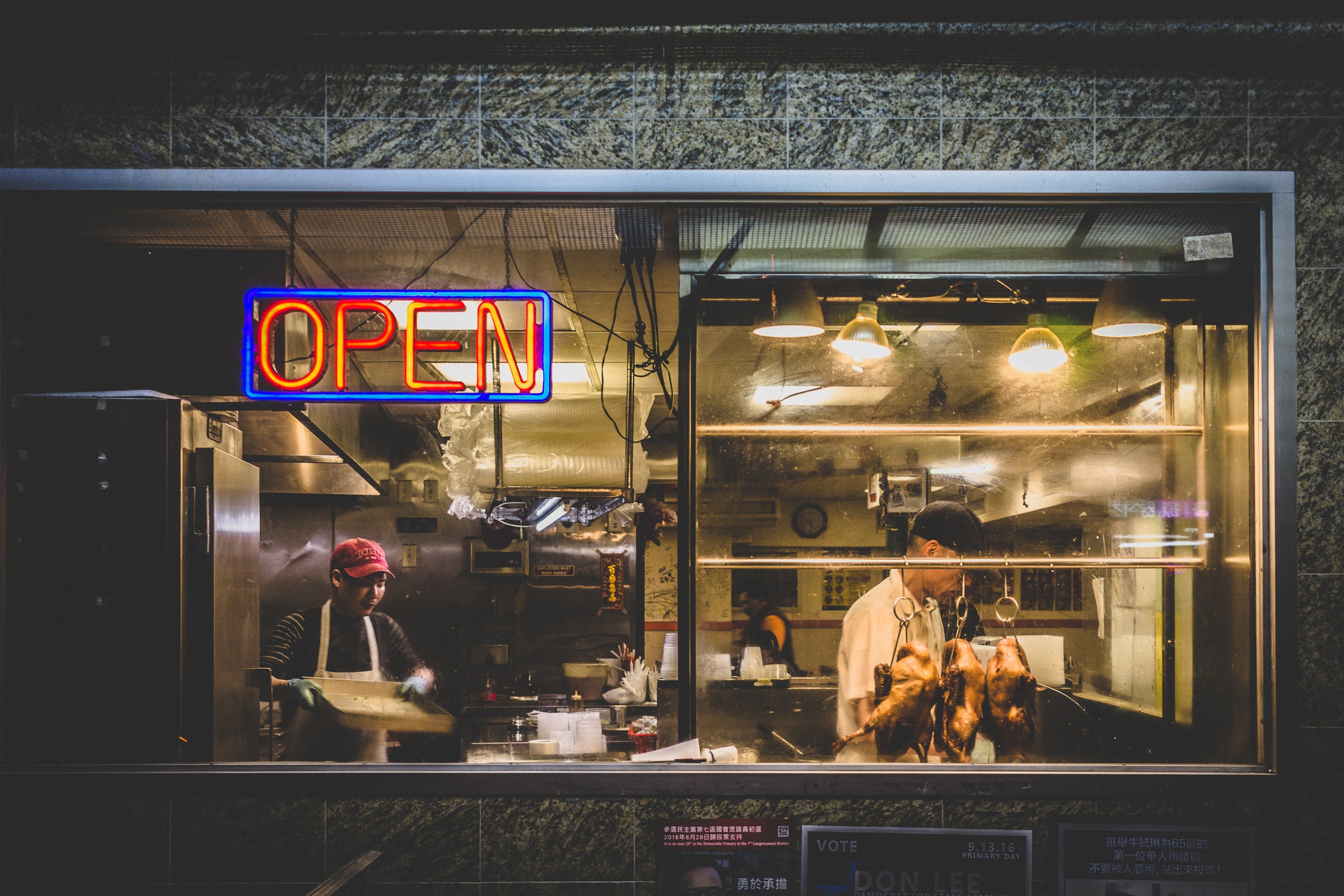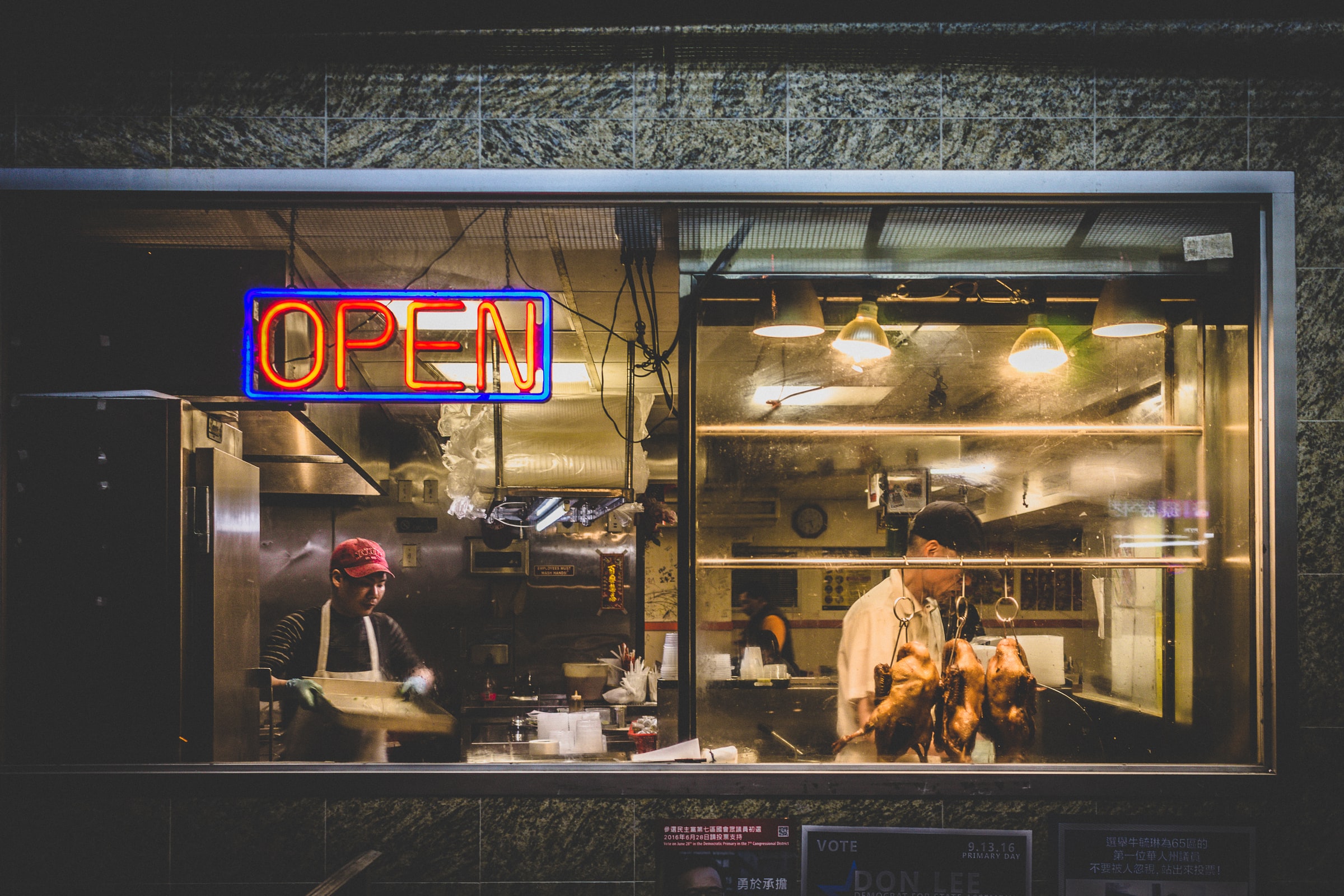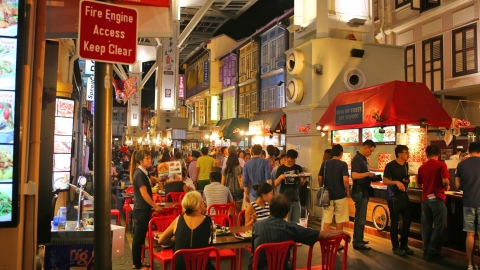For decades, one-third of Singapore's poultry imports came from neighboring Malaysia. Approximately 3.6 million live chickens are exported to Singapore each month. The chickens are then processed and chilled.
However, on May 23, Malaysian Prime Minister Ismail Sabri Yaakob announced a halt to the export of live chickens to Singapore starting in June. The ban is an effort to address the country's food shortage.
The ban has had a severe impact on Singapore. Chicken is a key ingredient in the island nation's signature rice dish. They would find it difficult to replace fresh meat with frozen alternatives.

Foo Kui Lian's shop is always crowded with customers. (Photo: SCMP)
Supply shortage
The chicken rice crisis is the latest sign of the ongoing global food shortages. The Russia-Ukraine conflict, the Covid-19 pandemic, and extreme weather affecting supply chains are contributing to the shortages.
Ukraine is a major exporter of grain, a key ingredient in chicken feed. In Malaysia, feed shortages and high costs have led to a rise in chicken prices in recent months.
Many Singaporean traders are confident that poultry prices will rise sharply in the near future. Currently, they are paying $3 (approximately VND 70,000) for a whole chicken and predict that prices will soon increase to $4-5 per chicken as supplies dwindle.
Without fresh poultry from Malaysia, Singapore's only source is frozen poultry from Brazil (accounting for 48%), followed by 8% from the US and a group of other countries making up the remaining 10%.
'You can't sell chicken rice without fresh ingredients.'
Foo Kui Lian, owner of Tian Tian Hainanese Chicken Rice, one of the most famous restaurants in the island nation, said he would stop serving chicken-related dishes if he could not guarantee a supply of fresh meat.
"We will not be using frozen chicken because we want to ensure the flavor of the dishes. The restaurant will return to serving dishes such as fried tofu, fried pork ribs, and shrimp salad," she said.
Mohammad Jalehar, a 50-year-old man who sells chicken at a small market in Bedok South district, said: "The supplier said they are preparing to raise the price of chicken, possibly by one dollar each. However, how can my customers accept an even higher price?"
Similarly, Mr. Ah Ho, an elderly chicken vendor, said that the price of this food has been high since the Covid-19 pandemic.
"The price increase has made my life harder. Nobody knows what will happen next month or how long this shortage will last. Given the current situation, it's probably time for us to close the shop."
Concerns about ingredient shortages were also evident in the long lines of people queuing outside chicken rice restaurants and butcher shops throughout Singapore.
Singaporean authorities have advised citizens against hoarding or overbuying frozen chicken. The country's largest supermarket chain says it has a four-month supply of frozen chicken and will have a new supply for another two months.

 VI
VI EN
EN


































